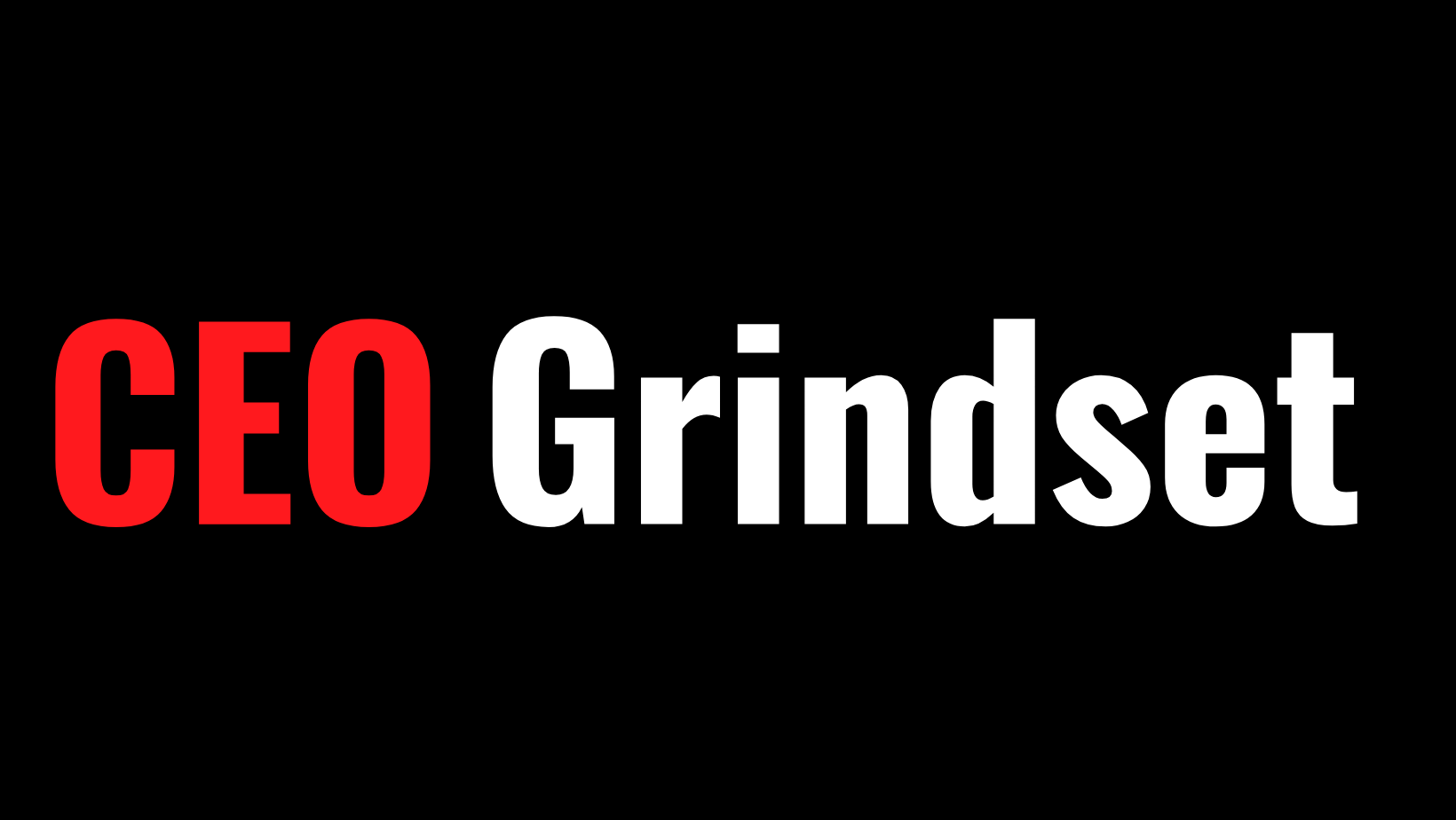The Essential Role of Branding in Business Success
In the bustling marketplace of the 21st century, the significance of branding cannot be overstated. It’s the silent ambassador of your business, the first impression, and often, the lasting memory in the minds of consumers.
Branding isn’t just about a memorable logo or a catchy slogan; it’s the comprehensive expression of your business’s identity, values, and promise to your customers. This article delves into why branding is crucial for your business, highlighting key aspects such as brand recognition, customer loyalty, market differentiation, and the overall impact on business growth.
Brand Recognition: The Gateway to Connection
Brand recognition is the immediate familiarity consumers have with your business upon seeing your logo, hearing your jingle, or encountering your products. It’s the result of consistent and strategic branding efforts.
A strong brand recognition serves as the gateway through which a lasting connection with your audience is established. It’s not merely about the visual or auditory recall; it’s about evoking the right emotions and associations that lead to a preference for your brand over competitors.
Consider the iconic apple of Apple Inc. or the distinctive swoosh of Nike. These logos transcend being mere symbols; they encapsulate the entirety of the brand’s ethos, quality, and reliability. Such strong brand recognition fosters a seamless connection with consumers, making your business the go-to option in a crowded market.
Building Customer Loyalty: Beyond the First Purchase

Customer loyalty is the holy grail for businesses, and effective branding is the path to achieving it. Loyal customers are not just repeat buyers; they are advocates for your brand, often influencing the purchasing decisions of others through word-of-mouth and social media. Branding that emphasizes emotional connection, such as shared values or aspirations, tends to foster a stronger, more resilient customer base.
For instance, Patagonia’s commitment to environmental sustainability isn’t just a business model; it’s a branding strategy that resonates deeply with its eco-conscious customers, encouraging not just purchases but passionate brand loyalty and advocacy. This illustrates how branding that aligns with customer values can create a devoted customer base, turning casual buyers into brand ambassadors.
Differentiation in a Saturated Market: Stand Out to Soar
In today’s global economy, nearly every market is saturated with options. Branding is your business’s opportunity to stand out, to articulate what makes you different, and why that difference matters to your customers. It’s about carving out a unique position in the competitive landscape that speaks directly to your target audience.
Take, for example, the fast-food industry, where differentiation is crucial. Despite offering similar products, brands like McDonald’s and Burger King have distinct brand identities, with the former focusing on family and convenience, while the latter emphasizes personalization and taste. This differentiation helps consumers quickly identify which brand aligns with their preferences, guiding their choices in a crowded market.
Impact on Business Growth: The Branding Multiplier Effect
Effective branding doesn’t just influence consumer perception; it has a tangible impact on business growth. A strong brand can command higher prices, ensuring higher profit margins. It can attract strategic partnerships and opportunities, opening new avenues for expansion. Moreover, in the event of a market downturn or crisis, a well-established brand can provide a buffer, retaining customer loyalty even when times are tough.
Consider how luxury brands maintain their allure and pricing power through meticulous branding that emphasizes exclusivity, craftsmanship, and heritage. This not only allows for premium pricing but also creates a brand equity that is resilient in the face of market fluctuations.
Innovative Branding: Embracing the Future
The digital age has transformed the landscape of branding, making it more dynamic and interactive. Social media, content marketing, and digital storytelling offer new avenues to build and communicate your brand.
Innovative branding now involves creating immersive experiences, leveraging technology like augmented reality (AR) and virtual reality (VR), and engaging with customers in real-time on various platforms.
The rise of personal branding and influencer marketing has also underscored the importance of authenticity and personal connection in branding efforts. Businesses that adapt to these shifts, embracing the opportunities presented by digital and social media, are the ones that will thrive in the evolving marketplace.
Conclusion: The Branding Imperative
In conclusion, branding is not an optional add-on for businesses; it’s a fundamental pillar of success. It’s about more than just aesthetics; it’s a strategic tool that shapes perception, builds loyalty, differentiates your offering, and drives growth. In a world where consumers are bombarded with choices, a strong brand is your beacon in the night, guiding customers to your doorstep and securing their loyalty.
Investing in your brand is investing in the future of your business. It requires thought, creativity, and consistency, but the rewards—customer loyalty, market differentiation, and business growth—are well worth the effort. As you forge ahead, remember that your brand is the story of your business. Make it a compelling one.




